Workshops
Time Slot 1 Workshops
1. Hair Bone Pipe Bracelets (Primary) - Christina Ruddy and Jody Alexander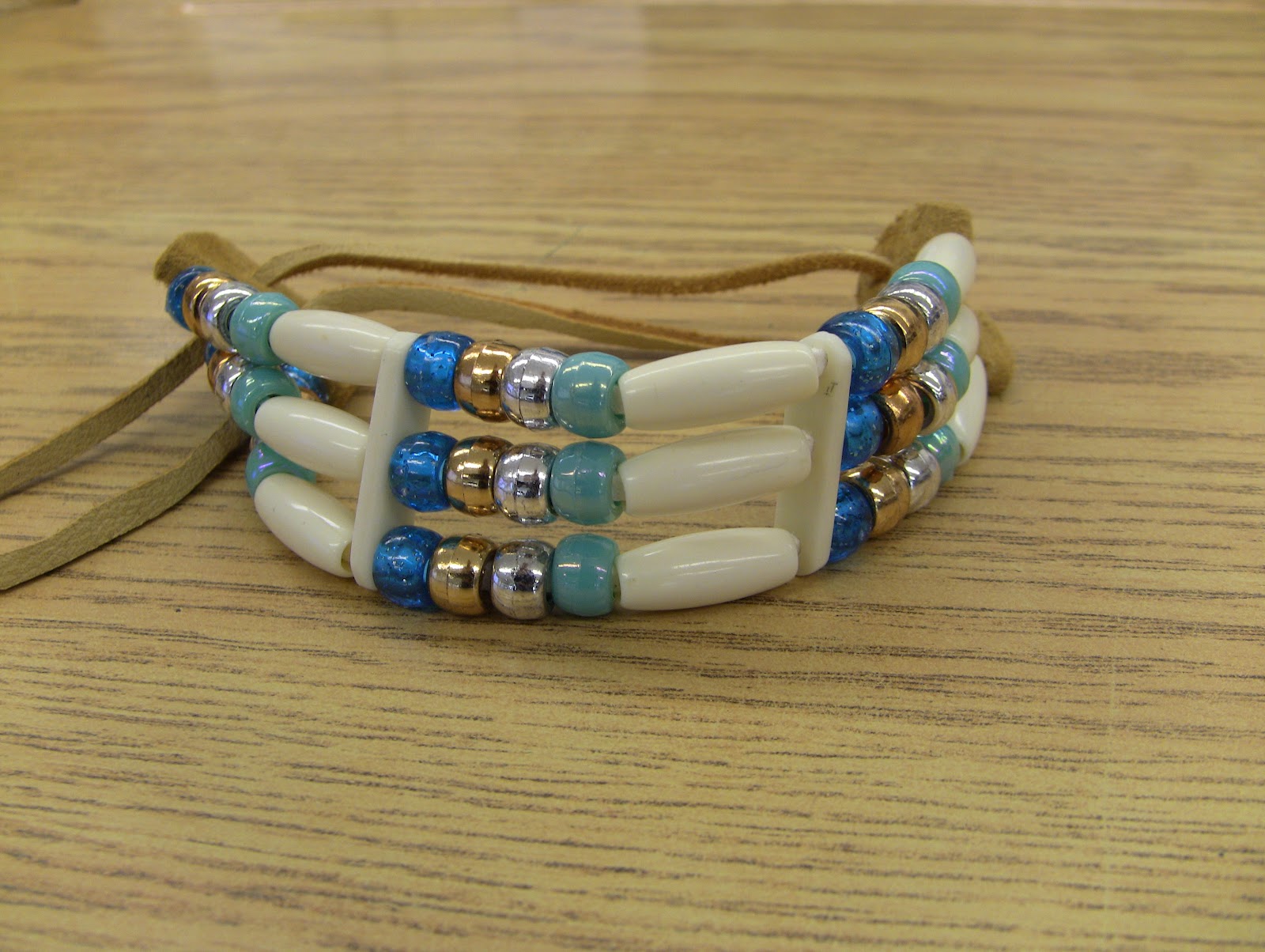
In this workshop participants will explore the cultural significance of hair bone pipe bracelets along with early mathematical concepts including proportional and multiplicative reasoning, patterning, symmetry, and algebraic thinking.
2. Wiigwas Makak (Primary/Junior/Intermediate) - Anika Guthrie, Elliot Cromarty, and Kris Sandberg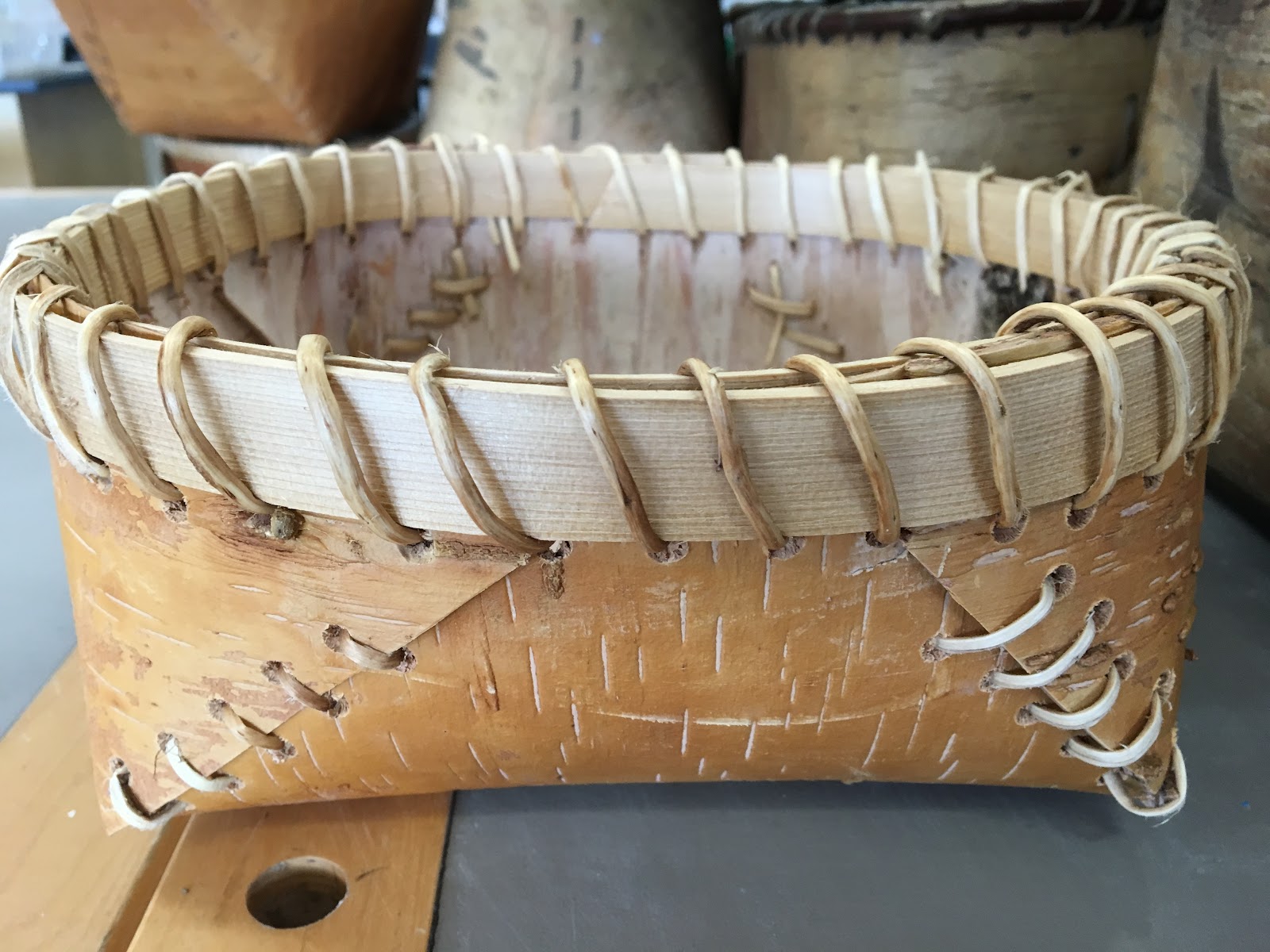
Learn how to make a birch bark basket, the processes for harvesting and preparing materials, and some important cultural teachings. Mathematics inherent in this traditional technology includes surface area, volume, capacity, measurement, and proportional reasoning.
3. Getting Started with Lynx Coding - Peter Skillen, Brenda Sherry, Mike Fitzmaurice, and Heather Lett
Learn the basics of LYNX to take your students from block to text-based coding. Or start right away with LynxCoding.club! You'll learn to use LYNX commands and procedures to take your coding lessons/tasks to the next level! Lynx is a Canadian-made, text-based coding program available in Canadian English, French, Anishinaabe, Mi'kmaw, Kanien'kéha, and Oji-Cree (with other Indigenous languages to come). If you are interested in coding 'hands-on' along with us during the workshop we recommend using a laptop/computer or Chromebook (rather than a tablet or phone) for this workshop.
Time Slot 2 Workshops
1. Circular Medallions (Junior/Intermediate) - Naomi Smith and Colinda Clyne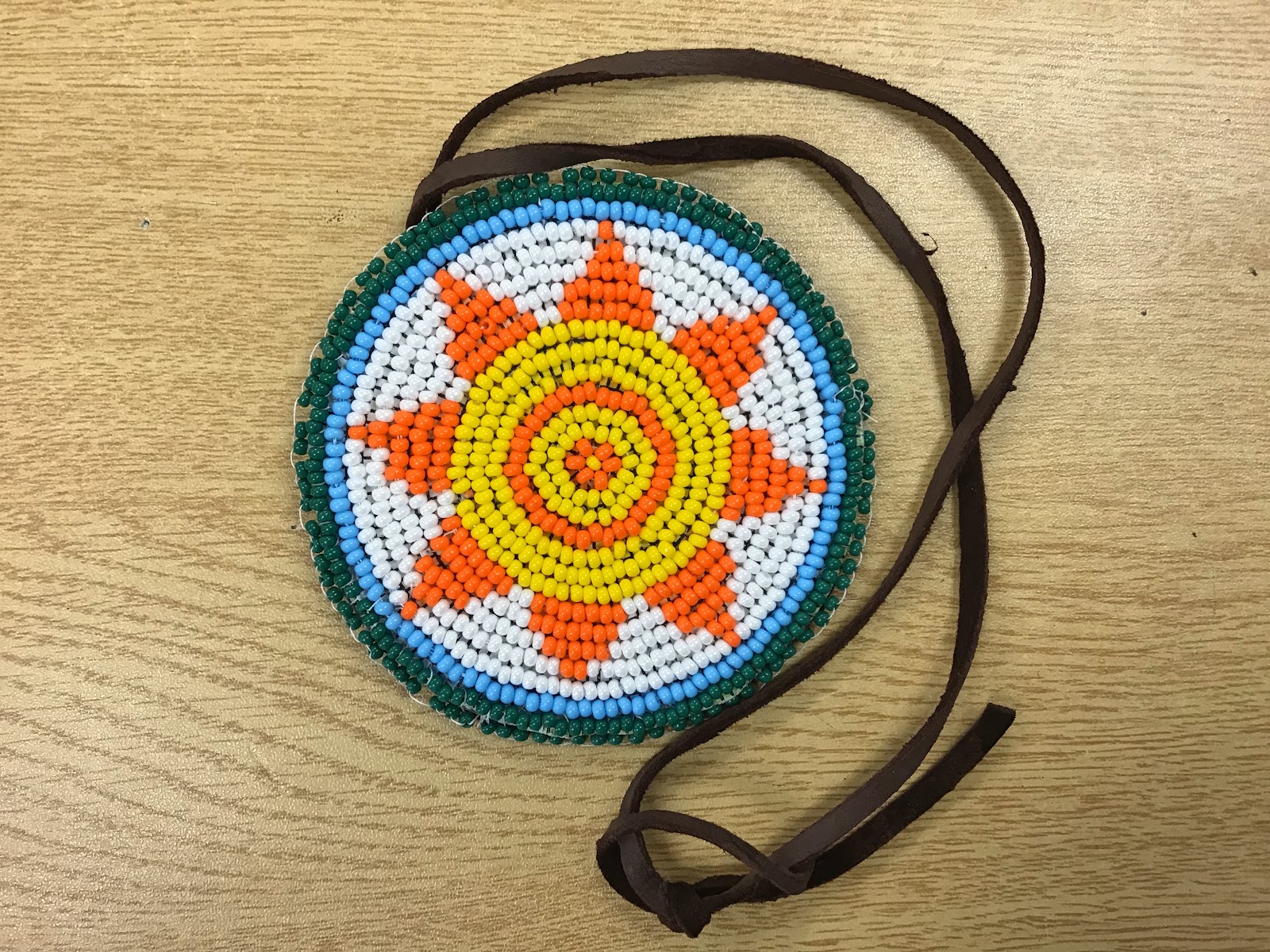
Anishinaabe artist Naomi Smith will share traditional art and teachings from historical and contemporary perspectives through the story of beads. She will demonstrate how beaded medallions are made. Examples of complex mathematics inherent in creating circular medallions will be shown, including symmetry, number sense, and quadratic relationships.
2. Looming (Primary/Junior/Intermediate) - Jennifer Parkinson, Leslie Anne Muma, and Bonnie Sears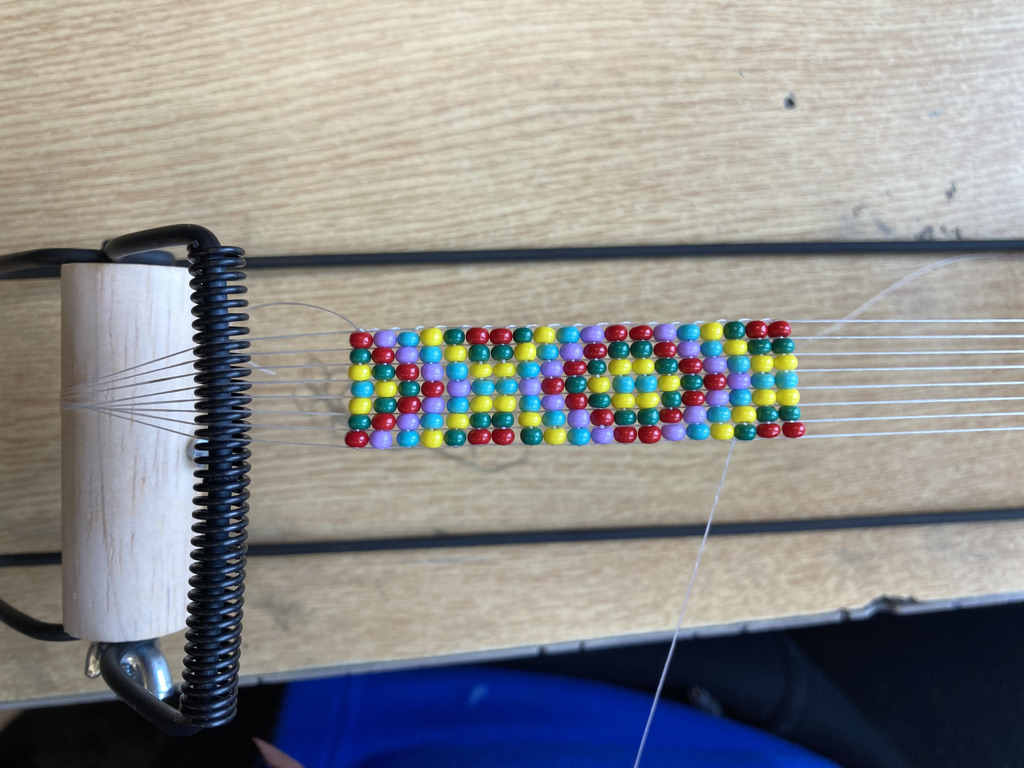
Learn the principles of Métis design interpreted in Anishinaabe loom work and how this supports the development of mathematical concepts such as measurement, proportional reasoning, and patterning. We will also show examples of the connections between Lynx coding and looming, and how this supports students' computational thinking.
3. Next Level LYNX! - Peter Skillen, Brenda Sherry, Mike Fitzmaurice, and Heather Lett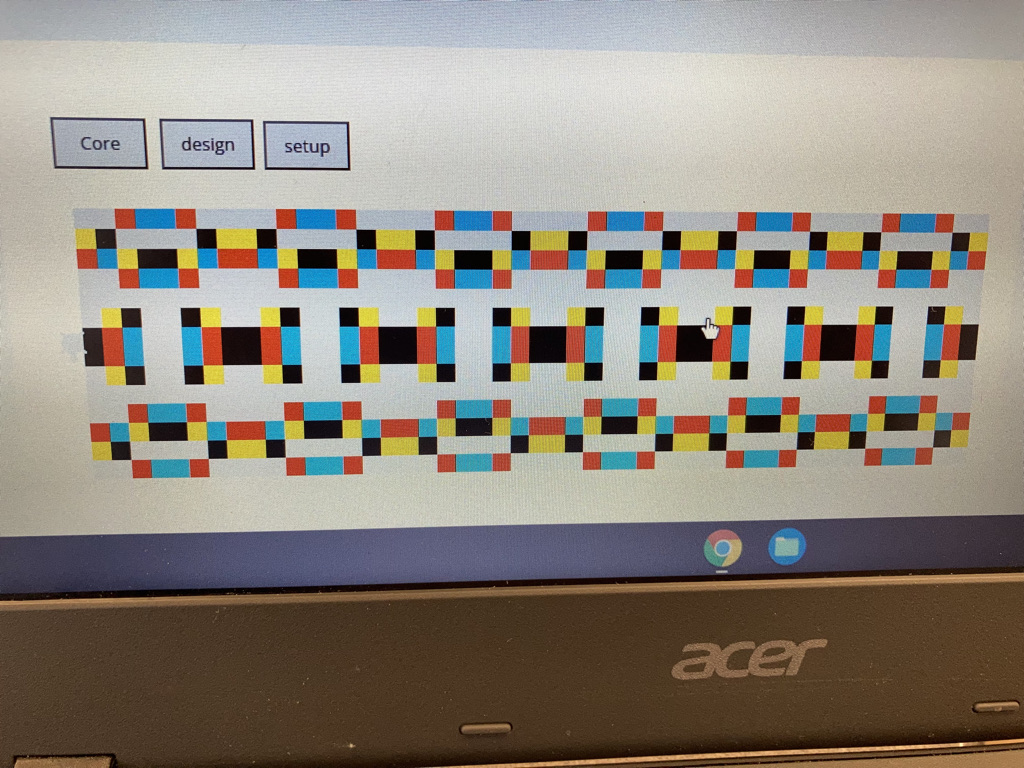
Build on the basics of LYNX text-based coding to explore patterning, art, mathematics, and more, including connections to Anishinaabe beadwork. This session is best suited for those who participated in the first LYNX coding sessions, or those with some coding experience. If you are interested in coding 'hands-on' along with us during the workshop we recommend using a laptop/computer or Chromebook (rather than a tablet or phone) for this workshop.

